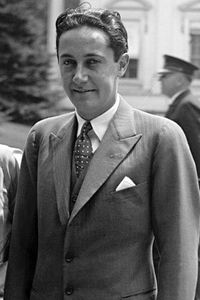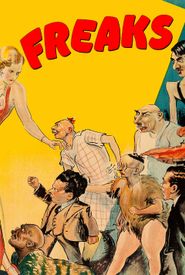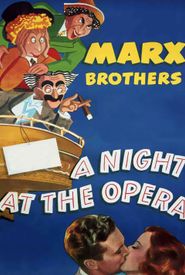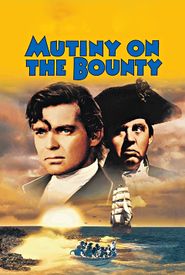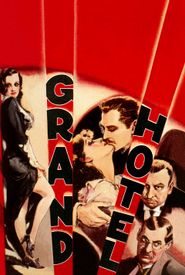Irving Grant Thalberg was born in New York City to Henrietta (Haymann) and William Thalberg, who were of German Jewish descent. He had a bad heart, having contracted rheumatic fever as a teenager and was plagued with other ailments all of his life. Despite his poor health, Thalberg was quite intelligent and had a thirst for knowledge. He skipped college and became a high-level executive at Carl Laemmle's Universal Studios at the age of 21.
Thalberg later jumped ship and joined Louis B. Mayer Productions, where he became a key figure in the studio's success. He and Mayer shared a common vision for their company, but approached their responsibilities from different angles. Thalberg was all about movies, pouring his life into his work, while Mayer was more focused on the business side of things.
In 1923, Marcus Loew acquired Louis B. Mayer Productions and merged it with Metro Pictures and Goldwyn Pictures to form MGM. Thalberg became a key figure in the new studio, working closely with Mayer to create a series of successful films. He was known for his attention to detail and his ability to micro-manage productions, often demanding expensive retakes and re-working films after they had completed principal photography.
Thalberg's health suffered as a result of his intense work ethic, and he eventually fell into a deep depression after the mysterious death of his friend and assistant Paul Bern. He demanded a one-year sabbatical, but his boss, Nicholas Schenck, responded by throwing more money at him, which alienated Mayer and drastically altered their relationship.
Thalberg remained on the job but suffered a heart attack following a 1932 Christmas party. He recuperated in Europe with his wife Norma Shearer and returned to MGM in August 1933, resuming his duties as a unit production head. He continued to score hits, supervising a number of successful films, including The Merry Widow, The Barretts of Wimpole Street, Mutiny on the Bounty, and Marie Antoinette.
Thalberg also sought to improve the studio's record in comedy films, signing the Marx Brothers and producing their hit film A Night at the Opera. He died of pneumonia on September 14, 1936, at the age of 37. The Motion Picture Academy created the Irving Thalberg Award in his honor, which is given for excellence in production.
